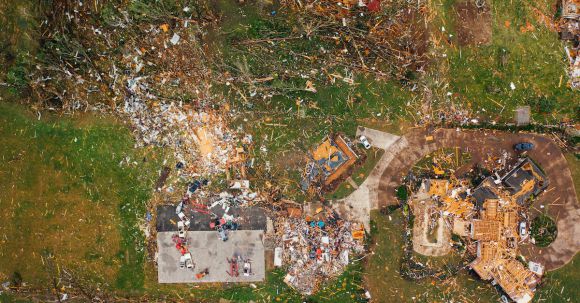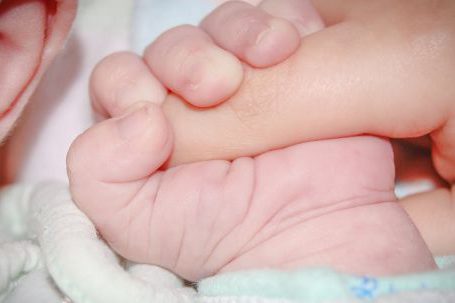Losing a loved one is a difficult time for anyone, but it can become even more complicated if the deceased person did not leave a will. A will is a legal document that states how a person’s assets and belongings should be distributed after their death. Without a will, the distribution of these assets becomes subject to intestate succession laws. In this article, we will explore what happens if you die without a will and the potential consequences for your loved ones.
Intestate Succession Laws
When a person dies without a will, their estate is subject to intestate succession laws. These laws vary depending on the jurisdiction, but they generally determine how the deceased person’s assets should be distributed among their surviving family members. Typically, the assets are distributed to the surviving spouse and children, or if there are no surviving spouse or children, to other close relatives such as parents or siblings.
The Probate Process
In the absence of a will, the distribution of assets goes through the probate process. Probate is the legal process of administering an estate and ensuring that the deceased person’s debts are paid and their assets are distributed according to the law. It can be a lengthy and costly process, as it involves filing legal documents, notifying creditors, and resolving any disputes among family members.
No Control over Asset Distribution
Dying without a will means giving up control over how your assets will be distributed. Without a clear plan in place, the court will make decisions about who gets what based on intestate succession laws. This could result in assets being distributed in a way that does not align with your wishes or priorities. For example, if you have specific items that you wanted to go to certain individuals, such as family heirlooms or sentimental objects, those wishes may not be honored without a will.
Potential Family Disputes
The absence of a will can also lead to family disputes and conflicts. Without clear instructions, family members may disagree on how assets should be distributed, leading to arguments, tension, and even legal battles. These disputes can strain relationships and cause emotional distress during an already difficult time. By having a will, you can help prevent family conflicts and ensure that your wishes are respected.
Guardianship of Minor Children
If you have minor children and die without a will, the court will decide who will become their guardian. This decision may not align with your preferences or the best interests of your children. By creating a will, you can appoint a guardian for your children and provide clear instructions on how you want them to be raised. This will give you peace of mind knowing that your children will be taken care of by someone you trust.
Unclaimed Assets
In some cases, when someone dies without a will, their assets may go unclaimed. This can happen if there are no close relatives or if family members are unaware of the deceased person’s assets. Unclaimed assets can include bank accounts, investments, or real estate. By creating a will and keeping it updated, you can ensure that your assets are properly accounted for and distributed to your chosen beneficiaries.
Conclusion
While nobody likes to think about their own mortality, it is essential to plan for the future and ensure that your loved ones are taken care of after you are gone. Creating a will allows you to have control over how your assets are distributed, minimize family disputes, and provide for the guardianship of your minor children. By taking the time to create a will, you can ease the burden on your loved ones and ensure that your final wishes are honored.





